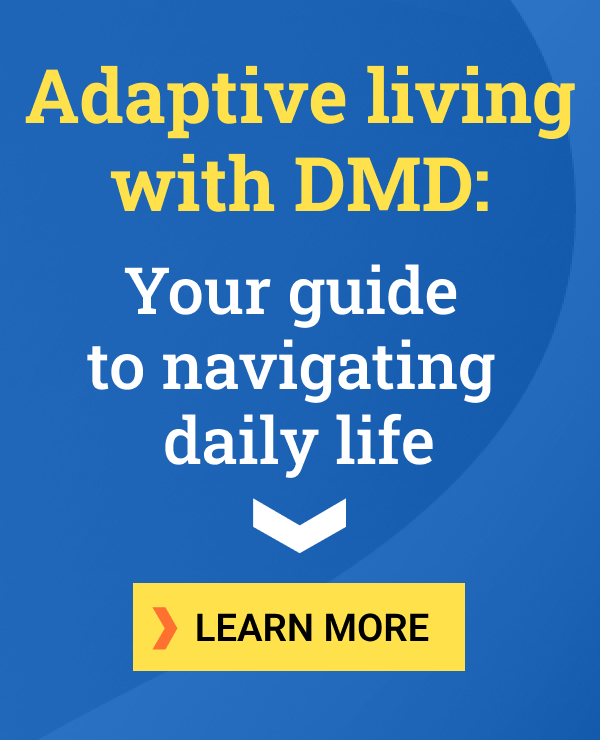Addressing the Funding Crisis for Social Security
by |

For those of you who follow my column, I have some good news: Sammy Eikahldit is back.
My alter ego, Sammy, first appeared in my column on true accessibility for all. He returned a couple months later when we discussed how to effect positive change. Sammy has been in hibernation for a few months but came back with a passion.
A conversation with Sammy
I sat in my favorite café with a delicious pour-over coffee, thinking about how lucky I’ve been this winter with the weather in Chicago. I looked up and saw Sammy coming in. He looked as determined as ever and immediately made a beeline for me. Although I hadn’t seen him in some time, he didn’t say hello — he just came to my table and plopped down in front of me.
“Sammy, is everything OK?”
“Yes. I mean, no. I don’t know. I need you to help me. I’m hearing things that don’t make sense.”
Sammy is always a bit circular in his conversations, and I wanted to get to the point. “Sammy, what do you mean? Tell me what’s going on.”
“Isn’t the gross domestic product of our country something like $21 trillion? And aren’t we the largest economy in the world? And aren’t we second only to China in terms of purchasing power parity?”
I kept trying to tell Sammy that I didn’t know. But I couldn’t get a word in edgewise. Sammy was on a roll.
Sammy said, “I have a friend who applied for disability over a year ago. He can’t walk more than a block, but he only qualifies for Supplemental Security Income (SSI) because of limited work history and financial resources. He was rejected twice and is living in train stations. He can’t even drive for money anymore. What’s going on in this world?”
I finally understood. Sammy has a way of getting to the heart of the matter.
The dangers of delays
I know people who have applied for disability and are waiting on decisions or appeals. Some have even received letters stating that Social Security is behind in hearing appeals because of budget limitations. I told Sammy that and reminded him that when people finally are approved, they often receive back pay.
Sammy looked at me as if I was off my rocker. He finally asked, “What good will that do if he can’t survive the waiting period? What consolation is money when you’re gone?”
Sammy had a point.
I told Sammy I’d help him find some shelters and food assistance for his friend. I’d also connect him with a disability lawyer. But I realized a bigger issue is at play here. It all comes down to the age-old battle: We can be proactive or reactive.
Shouldn’t we be proactive as a country with the kind of financial resources that we have? Someone like Sammy’s friend, with real physical limitations and disabilities, would receive less than $10,000 per year. But that money would be a lifesaver. Sammy has already helped his friend get approved for public aid so he could at least get medical care. But financial assistance for his disability is critical, as it would allow him to rent a room and have what he needs to survive.
Misconceptions about Social Security
Social Security Disability Insurance (SSDI) comes from the Social Security funds we contribute to throughout our lives. SSDI is different from SSI. The Social Security Administration (SSA) manages both SSDI and SSI, but SSI comes from general funds derived from income taxes. The SSA continues to pay full benefits for retirees and individuals reliant on SSDI. However, the future of Social Security would be a completely different conversation.
Social Security makes decisions for people living on the edge of society. SSI must be fully funded from general revenues to meet the basic needs of people who need it to survive. Social Security decisions must be timely, or people will suffer before they get the help they need.
Let’s keep fighting for Social Security for all.
***
Note: Muscular Dystrophy News is strictly a news and information website about the disease. It does not provide medical advice, diagnosis or treatment. This content is not intended to be a substitute for professional medical advice, diagnosis, or treatment. Always seek the advice of your physician or another qualified health provider with any questions you may have regarding a medical condition. Never disregard professional medical advice or delay in seeking it because of something you have read on this website. The opinions expressed in this column are not those of Muscular Dystrophy News or its parent company, Bionews Services, and are intended to spark discussion about issues pertaining to muscular dystrophy.









Comments
Patel hanish
Hi sir my boy has a dmd deseas he is in india so if thear posibel to trret my boy 7 year old ya trayle in my boy in india ya in india free trayel is thear if yes let me know sor
Thanks
Ralph Yaniz
I am not aware of any treatment options for care options in India. I will send you an email so we can discuss further.